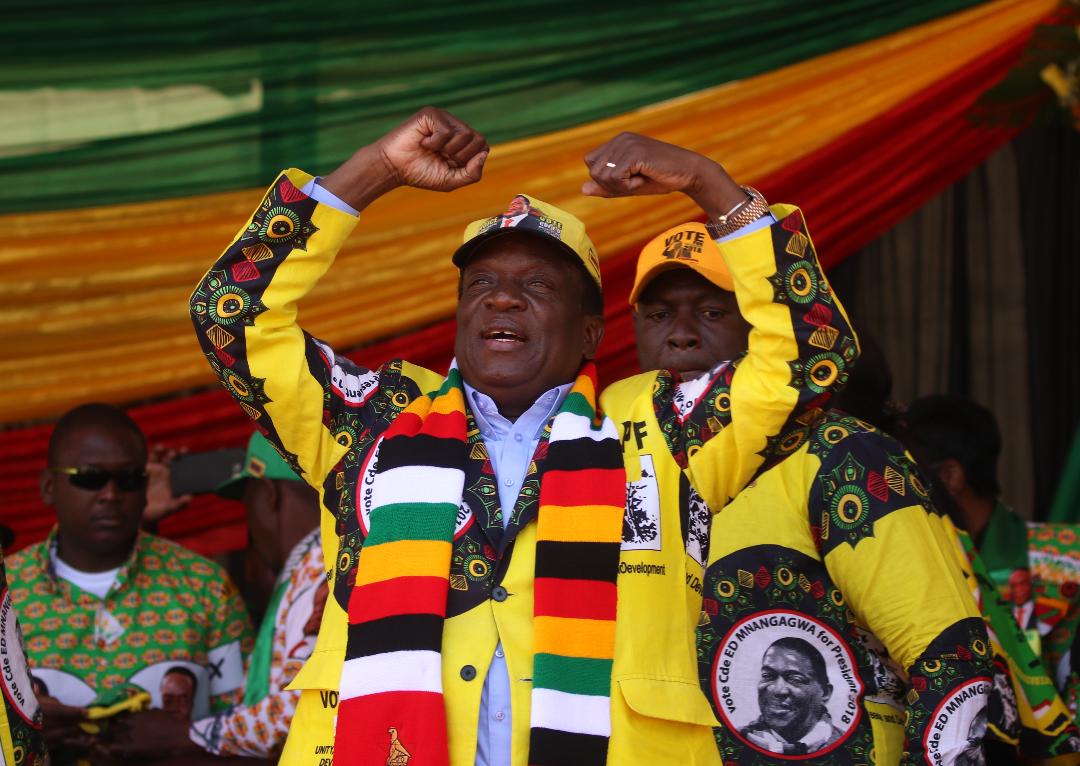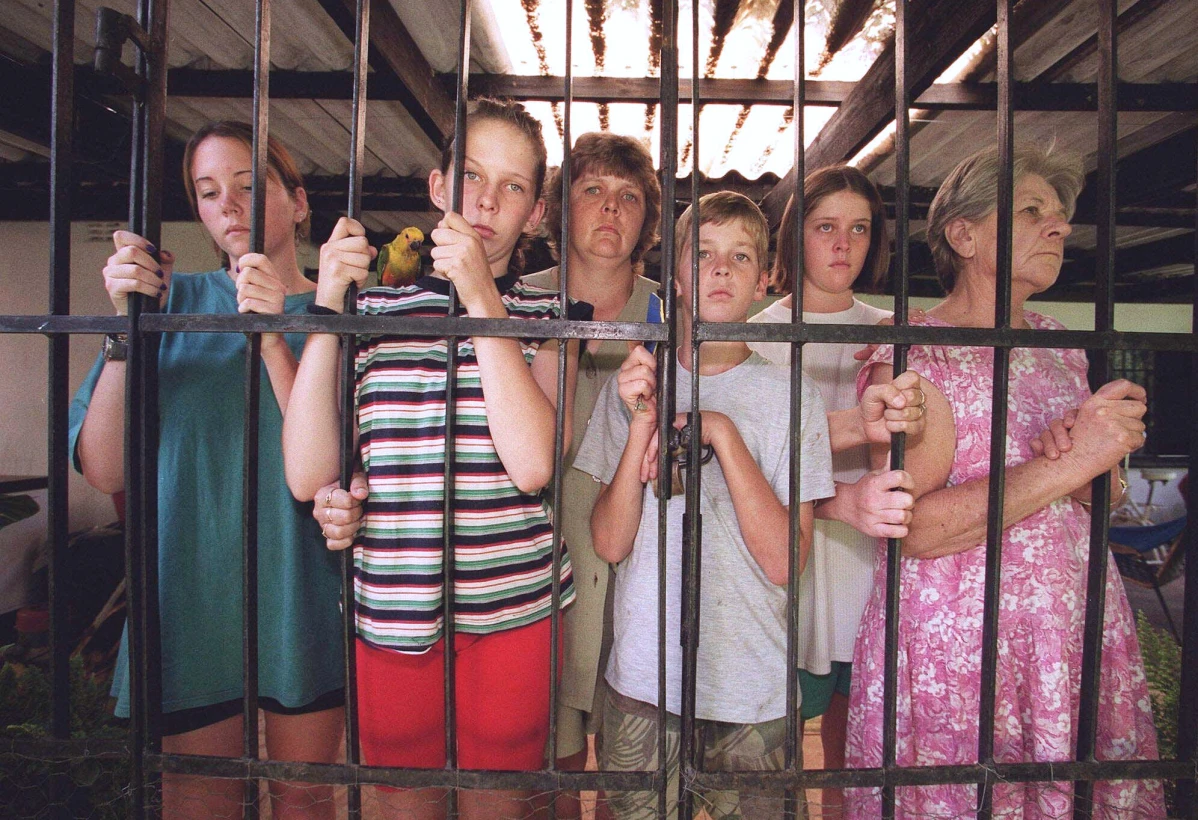HARARE – The Constitutional Court has dismissed an application by MDC Alliance leader Nelson Chamisa to set aside President Emmerson Mnangagwa’s election victory, declaring the opposition challenger had failed to provide sufficient proof of electoral malpractice for the result not to stand.
The decision by the nine-member court was unanimous. That means the inauguration will be held within 48 hours, likely on Sunday, as Zimbabwe moves into a new era after former President Robert Mugabe’s 37-year rule.
Chief Justice Luke Malaba, reading an abridged judgment of the court, said: “The court finds that Nelson Chamisa has failed to place before it clear, direct, sufficient and credible evidence that the irregularities he alleges marred the election process materially existed. In other words, there was no proof of the happenings of these irregularities as a matter of fact.
“There would, therefore, have been no purpose for this court to go further and inquire whether such irregularities materially affected the election result.
“It is an internationally accepted principle of election disputes that an election is not set aside easily merely on the basis that irregularities occurred. There is a presumption of validity of an election, this is so also because as long as an election was conducted substantially in terms of the constitution and the governing laws, it would have reflected the will of the people. It’s not for the court to decide elections, it is the people. It is the duty of the courts to strive in the public interest to sustain that which the people have expressed their will in.
“Therefore, the application ought to be dismissed. In the result, the following order is made: the application is dismissed with courts… and Emmerson Dambudzo Mnangagwa is duly declared the winner of the elections held on July 30, 2018.”
Tawanda Kanengoni, a lawyer for the Zimbabwe Electoral Commission, told reporters after emerging from the courthouse: “One shouldn’t perhaps get drunk on their own brew. In this instance, the maker of the lie ended up believing the lie.”
Thabani Mpofu, the lawyer for the 40-year-old Chamisa, told reporters “it’s up to you to conclude” if justice had been served. “Good fight,” he added, walking away.
“As far as the legal processes are concerned, this is the end of the road,” said the opposition Movement for Democratic Change party’s secretary-general, Douglas Mwonzora. “But we have other avenues … we can demonstrate.”
Security was tight in the capital, Harare, ahead of the court’s ruling amid concerns about possible unrest. Immediately after the ruling, the streets remained calm while some people celebrated outside the ruling Zanu PF party headquarters.
The July 30 vote was peaceful but scenes of the military sweeping into the capital two days later to disperse opposition protesters — seven people were killed — led to fears that Mnangagwa’s government was stuck in the past despite declarations of reforms.
The 75-year-old Mnangagwa, a former enforcer for Mugabe, took power after Mugabe in a military coup last November. While the public at first cheered the military for its role in removing Mugabe, feelings cooled closer to the election as the opposition worried about its potential influence during the vote.
A credible election in Zimbabwe is key to lifting international sanctions on the once-prosperous southern African nation after Mugabe’s long rule was marked by harassment of the opposition and rigged votes.
This election appeared to be different, with Mnangagwa welcoming dozens of Western election observers for the first time in nearly two decades. The observers, however, offered mixed reviews, noting an election day with few issues but expressing concerns about the delay in announcing the presidential results; they had been the first to be counted.
In going to court, the opposition sought either a fresh election or a declaration that Chamisa won.
The court on Friday said it was up to the opposition to prove its claims and it failed to do so, saying the best evidence would have been the content of the sealed ballot boxes but that route was not pursued.
The court’s ruling cannot be appealed.
The electoral commission had declared Mnangagwa won with 50.8 percent of the vote but later revised that down to 50.6, attributing the revision to an “error” but arguing it was not significant enough to invalidate the win. The court on Friday agreed. Chamisa received 44.3 percent.
As the court heard arguments on Wednesday, the opposition claimed the electoral commission bumped up Mnangagwa’s figures through double counts and the creation of “ghost” polling stations. It also alleged that some polling stations recorded more voters than those registered.
The court on Friday said the electoral commission had “debunked to some degree” all of the opposition’s claims.
“We are ecstatic that the court has upheld the will of the people,” said Paul Mangwana, Zanu PF’s legal secretary. “Although this case has delayed our celebrations.”
(Additional reporting Associated Press)
















